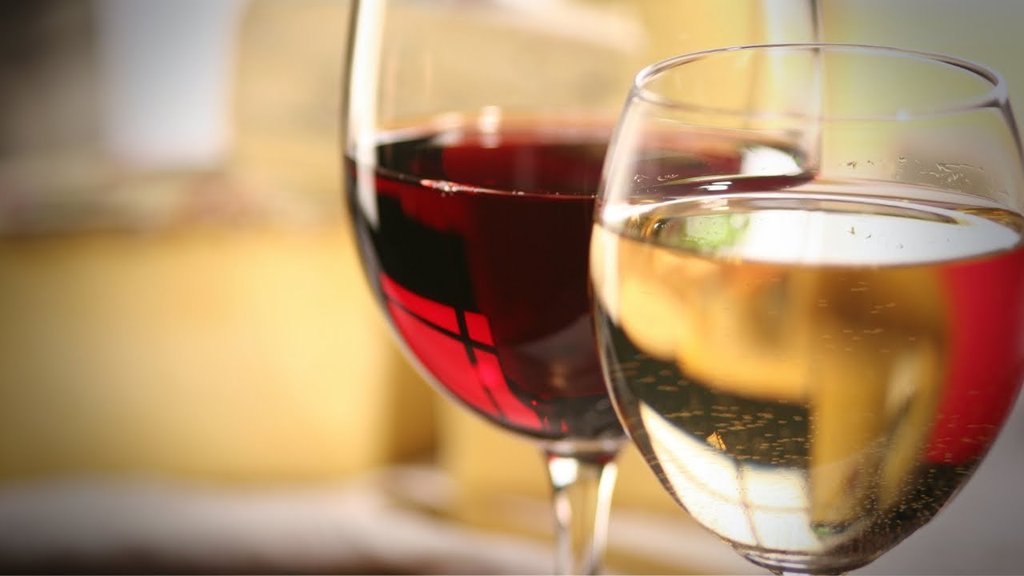
One of the easiest ways to boost your weight loss is to curb your alcohol intake. Not only do alcoholic drinks contain calories, they also tend to increase your appetite and reduce your will-power: a very diet-unfriendly combination! Even if your social life doesn’t revolve around bars and clubs, don’t assume it’ll be easy for you to drink less: that post-work glass of wine, or the beers on a lazy Sunday afternoon, can be just as hard to give up. But if your weight loss has slowed recently, cutting down on the booze could be just what you need. After-all, Just one beer a day adds up to 17,000 Calories over the course of a year!
Alcohol Calories
Alcohol contains 7 calories per gram.
That’s 50 calories in a single (25ml) measure of spirits – before you add sugary lemonade or cola.
There are about 100 calories in a small (125ml) glass of wine.
A can of beer is around 200 calories (though this can varies according to type and strength).
Alternatives to Alcohol
There are plenty of non-alcoholic drinks, ranging from sophisticated bottles which would be perfectly at home on a posh dinner table, to fun teen-friendly fizz.
If you’re out, many bars have non-alcoholic cocktails: ideal if you want the party factor but not the alcohol content. These will also save you a good few dollars on the price of a regular cocktail.
Your local supermarket likely stocks a range of non-alcoholic wines in glass bottles; here in the UK, Amé and Shloer are favorites.
When you’re hosting a barbeque, why not serve something other than plain orange juice or soda for the non-drinkers
Try some more unusual fruit juices, mixed with sparkling water. Innocent Drinks do a fabulous range using only natural ingredients – guaranteed to be a hit with sophisticated neighbours or your fashion-conscious kids.
Sugar-free energy drinks can give you a nice caffeine buzz but without the alcohol and calories.
Good Excuses for Not Drinking
In an ideal world, friends and family would mind their own business, and none of us would ever need to justify our food and drink choices. But sometimes you might not want the hassle of explaining that you’re on a diet – especially if you know the response will be “Oh, you’re not fat … just one won’t hurt.”
These explanations are less likely to encourage your friends to try to persuade you into having a drink:
- “I can’t have alcohol, I’m afraid, I’m on antibiotics.”
- “I’m driving.”
- “I’m trying to budget this month.” (Particularly good for students, new parents or downsizers.)
- “I’ve got a really early start tomorrow.”
- “I’m not drinking during Lent.” (This one only works during part of the year!)
- “I’m on a Detox Diet“
Committing Yourself
Of course, having something nice and non-alcoholic to drink and having a good excuse helps – but it’s only half the battle won. You need to change your habits so that your good intentions will stick.
One way is to start by making small changes: enjoy that post-work glass of wine, but make it a small one. Or have one or two beers on a Sunday afternoon instead of three or four.
Getting alcohol addiction counselling goes a long way in helping you curb or eliminate your alcohol intake, which in turn will help you with your efforts to lose weight.
Sometimes, it’s easiest to commit to a set period of time – maybe not drinking at all for a month (or for a period such as Lent). The advantage of this is that you’ll retrain yourself to think differently about alcohol: you’ll realise that you don’t need it in order to relax or to enjoy yourself.
Many people find it easiest to honour a commitment that they’ve made to someone else. If this works for you, tell your spouse, best friend or colleagues that you’re cutting down on alcohol.